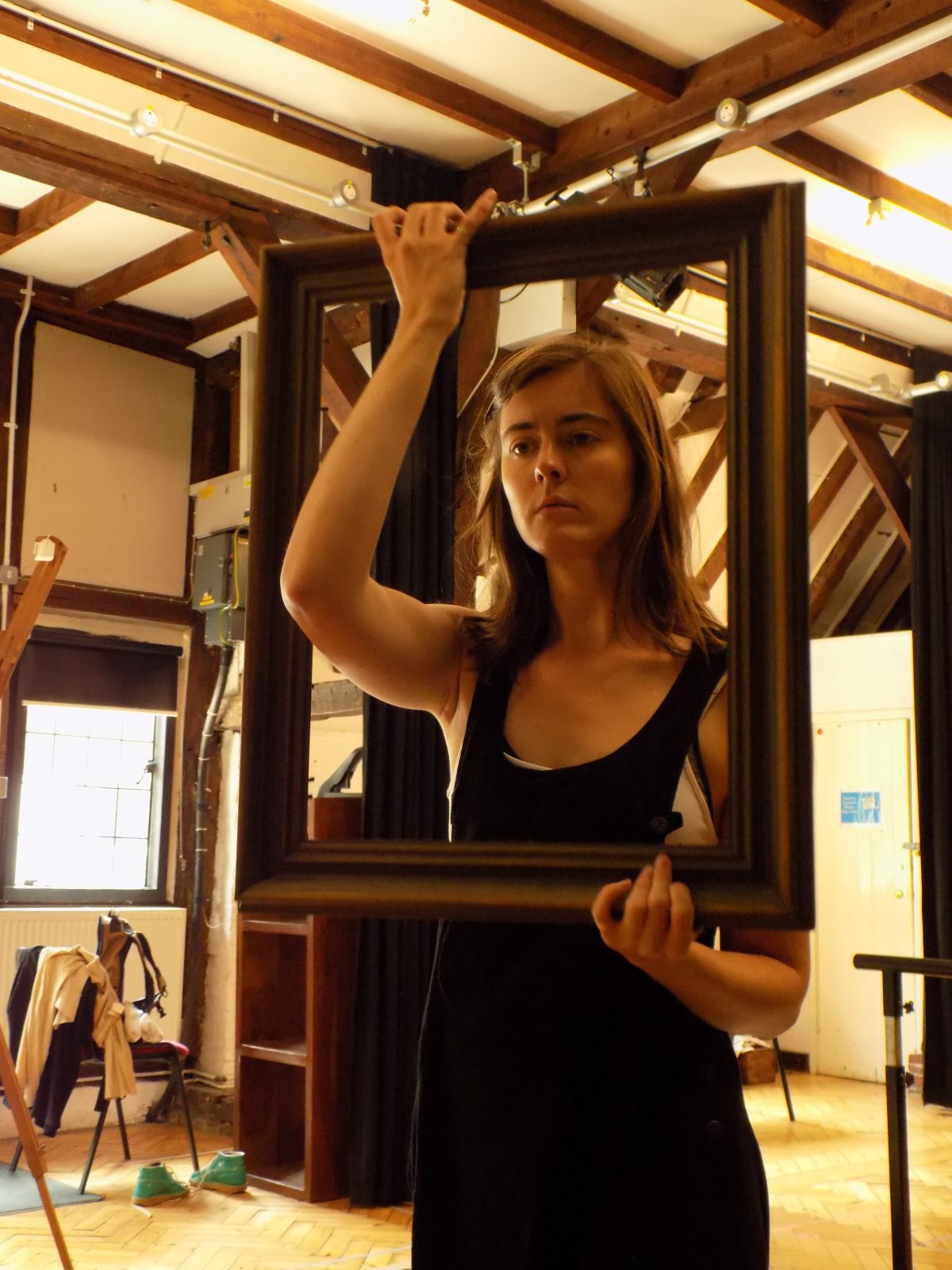Writer’s note
In many ways, Abyss has been a play that has been a long time coming. The initial idea behind the piece was to explore the character of Ophelia in some kind of modern day setting. I’ve always been fascinated by her as a character and a woman, and interested in what her story tells us about the way we deal with ideas and themes around the representation of women, madness and death in literature, art, performance and life.
At first I wanted to explore this by giving voice to Ophelia herself as a character, continuing a theme in my writing of resetting classical female stories and characters in modern environments. I previously wrote The Buried Moon for Petersfield’s 2017 season, resituating Miranda and Caliban from The Tempest on the Lincolnshire marshlands in the present day to imagine how the back-story to their relationship might have played out, exploring young love, friendship and sexual consent. When I tried to do a similar thing with Ophelia, I discovered that I felt constantly limited by the realities of her fate. Ophelia’s story dictates that she must always die by drowning in the brook. It was the acknowledgment of this that led me to a different focus, as I learned that what actually interests me about Ophelia is the way she exemplifies so much in terms of how we represent women, relationships, femininity, female sexuality, beauty and independence across art forms.
As Jake and I started to explore this idea with Laura, we found ourselves gravitating towards the iconic image of Ophelia immortalised in John Everett Millais’ painting Ophelia. What followed was a year of development on the text, themes and ideas we wanted to explore together. The Abyss you will see is a culmination of lots of fascinating research and development; as a team we spent time with all different sorts of resource material, from the biography of Virginia Woolf (whose life also culminated in suicide by drowning), literary criticism on Shakespeare’s text, and an exploration of Millais’ painting that brought to light the fascinating life of Millais’ model for Ophelia, Lizzie Siddal.
A poet, painter and artist’s model and muse to the Romantic painters Millais and Rossetti, Lizzie’s story began to coalesce intriguingly with Ophelia’s, with Virginia’s, paralleling and expanding the thoughts we were developing around the problematic way in which women become restrained by their artistic representation.
Abyss is a collision of past and present inspired by the life, poetry and death of Lizzie Siddal. It is a play of modern sounds and a fierce female character whose story cannot be separated from the women who went before her, whose destinies led them to their tragic, watery fates. The play is an exploration of how grief affects us, how broken relationships and lost communication can gain power over us. But unlike Ophelia, Virginia and Lizzie Siddal’s stories, Abyss seeks to reclaim its protagonist’s story, moving away from self-destruction, madness and suicide to forge a path where we can all use our voice – our creativity – to make a stand for our identity – our future – whether man or woman, young or old, past or present.
Laura Turner
JULY 2019

Company:
Liz
Director
Sound Design
Stage Manager
Assistant Stage Manager
Technical Director
Producers
Laura Peterson
Jake Smith
Sam Glossop
Amanda Kerstein
Jack Titley
William Glancy
Clare Glancy & Lucy Hollis
Gallery







